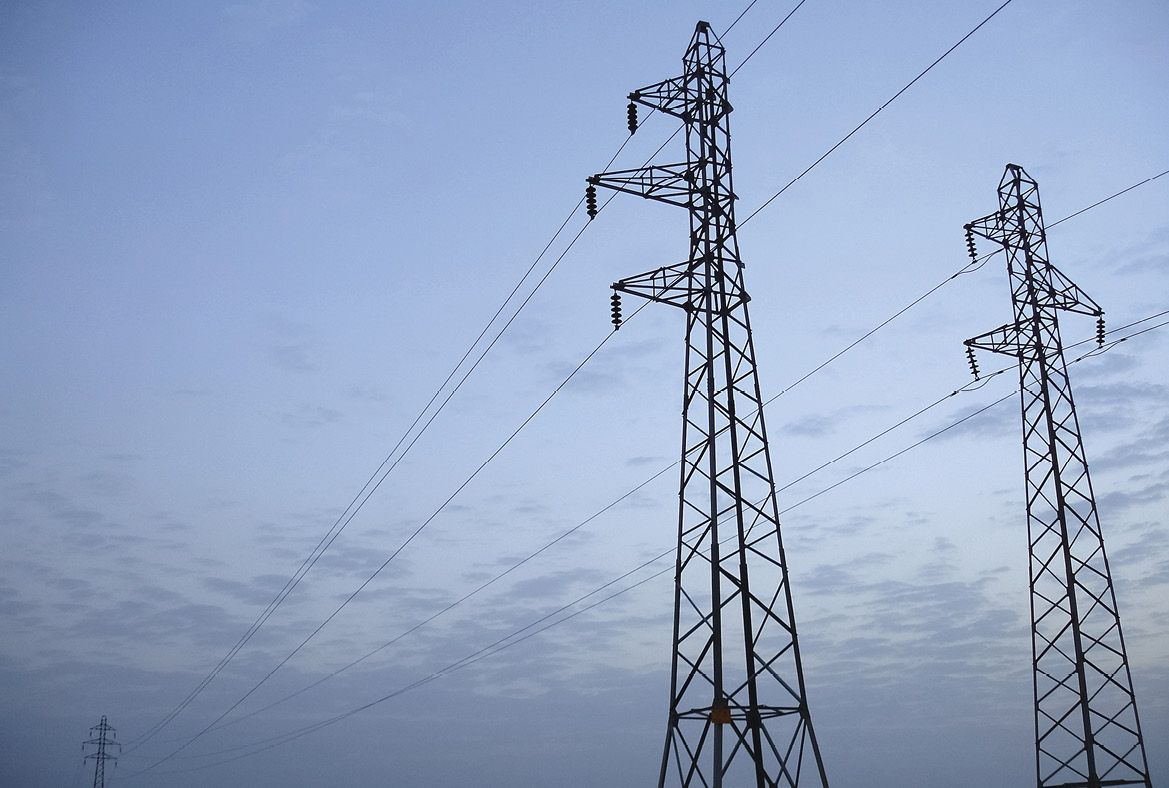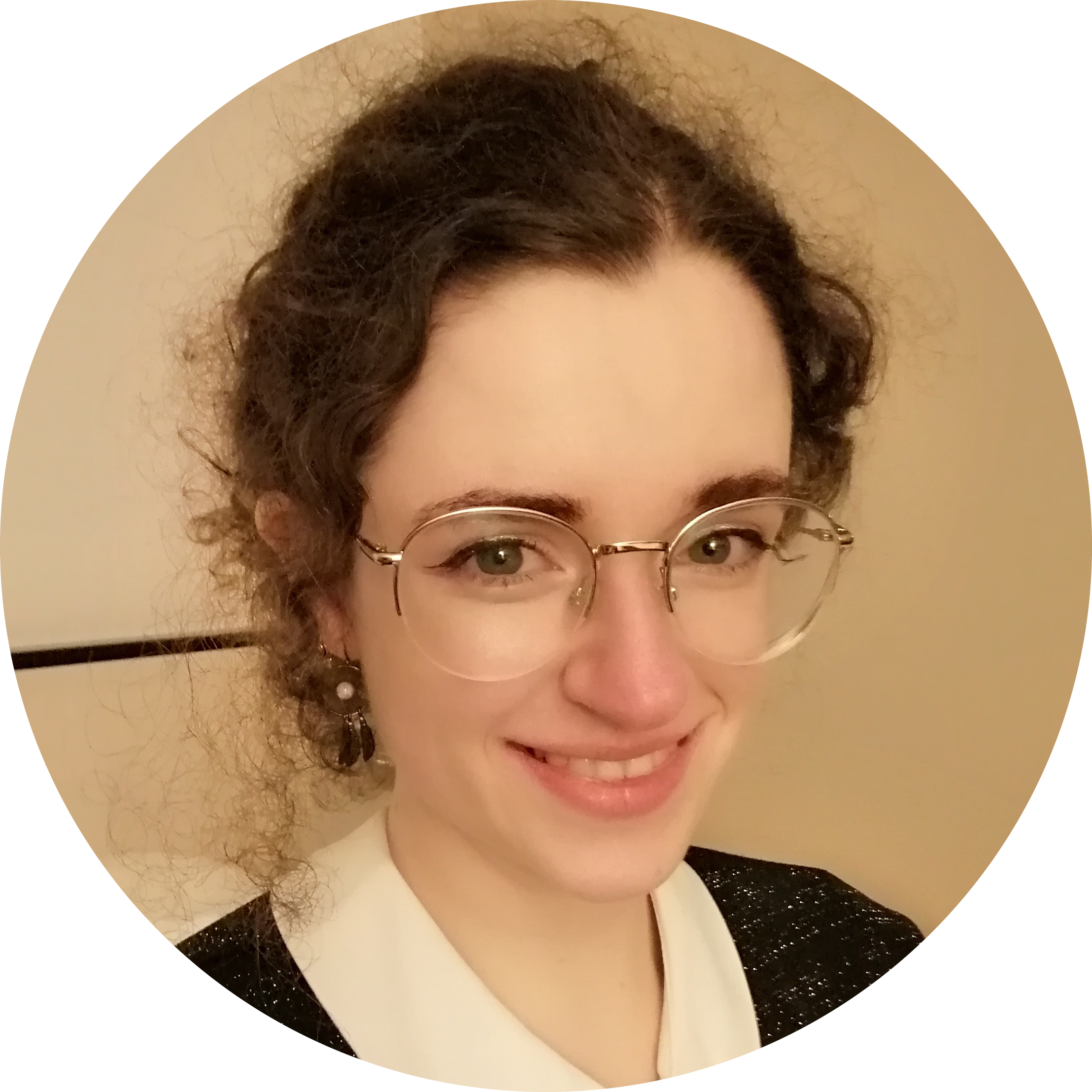Grid-related patent activity has experienced a significant increase over the past few decades, according to a new report by the EPO and the International Energy Agency (IEA).
The organizations used global patent data to show innovation in both physical and smart grid technologies from 2001 to 2022.
The report identified the years between 2009 and 2013 when innovation in electricity grids grew by 30% a year, seven times faster than the average for all other technology fields. Although activity has since stabilized in most regions, it is still extremely high.
Artificial intelligence is currently a major focus of patent applications, with applicants eager to display smart grid solutions. Between 2010 and 2022, innovations in software boosted smart features in physical grid patents by 50%. This growth was particularly notable among supply-demand forecasting tools and electric vehicle charging infrastructure.
Regionally, China is leading growth currently. It overtook previous leaders Europe and Japan in 2022. Its share rose from 7% in 2013 to 25% in 2022. According to the IEA’s executive director, Fatih Birol, this “raises the competitive stakes for other regions.”
Birol added that inadequate electricity grids are a barrier to economic activity and energy access. The report’s findings suggest innovators are responding to the need for more competitive and flexible grid technologies, however. The IEA will continue to help the world’s governments “spur innovation for secure and sustainable energy transitions,” said Birol.
EPO President Antonio Campinos emphasized the need for Europe to retake the lead in grid technological innovation. The report found that before China emerged as overall leader, Europe and Japan each accounted for 22% of all grid-related patents from 2011 to 2022. The United States was close behind at 20%.
According to the report, universities, research institutes and startups contribute significantly to electricity grid innovation. Many are based in the United States and Europe. About 37% of these grid technology startups have applied for patents, compared to the average patent application rate of 6% among European startups. The figure shows these smaller companies have a strong potential for attracting venture capital investment. Most recently, Belgian grid orchestration software maker Powervault raised $2.5 million in pre-seed funding.
This content is protected by copyright and may not be reused. If you want to cooperate with us and would like to reuse some of our content, please contact: editors@pv-magazine.com.




By submitting this form you agree to pv magazine using your data for the purposes of publishing your comment.
Your personal data will only be disclosed or otherwise transmitted to third parties for the purposes of spam filtering or if this is necessary for technical maintenance of the website. Any other transfer to third parties will not take place unless this is justified on the basis of applicable data protection regulations or if pv magazine is legally obliged to do so.
You may revoke this consent at any time with effect for the future, in which case your personal data will be deleted immediately. Otherwise, your data will be deleted if pv magazine has processed your request or the purpose of data storage is fulfilled.
Further information on data privacy can be found in our Data Protection Policy.